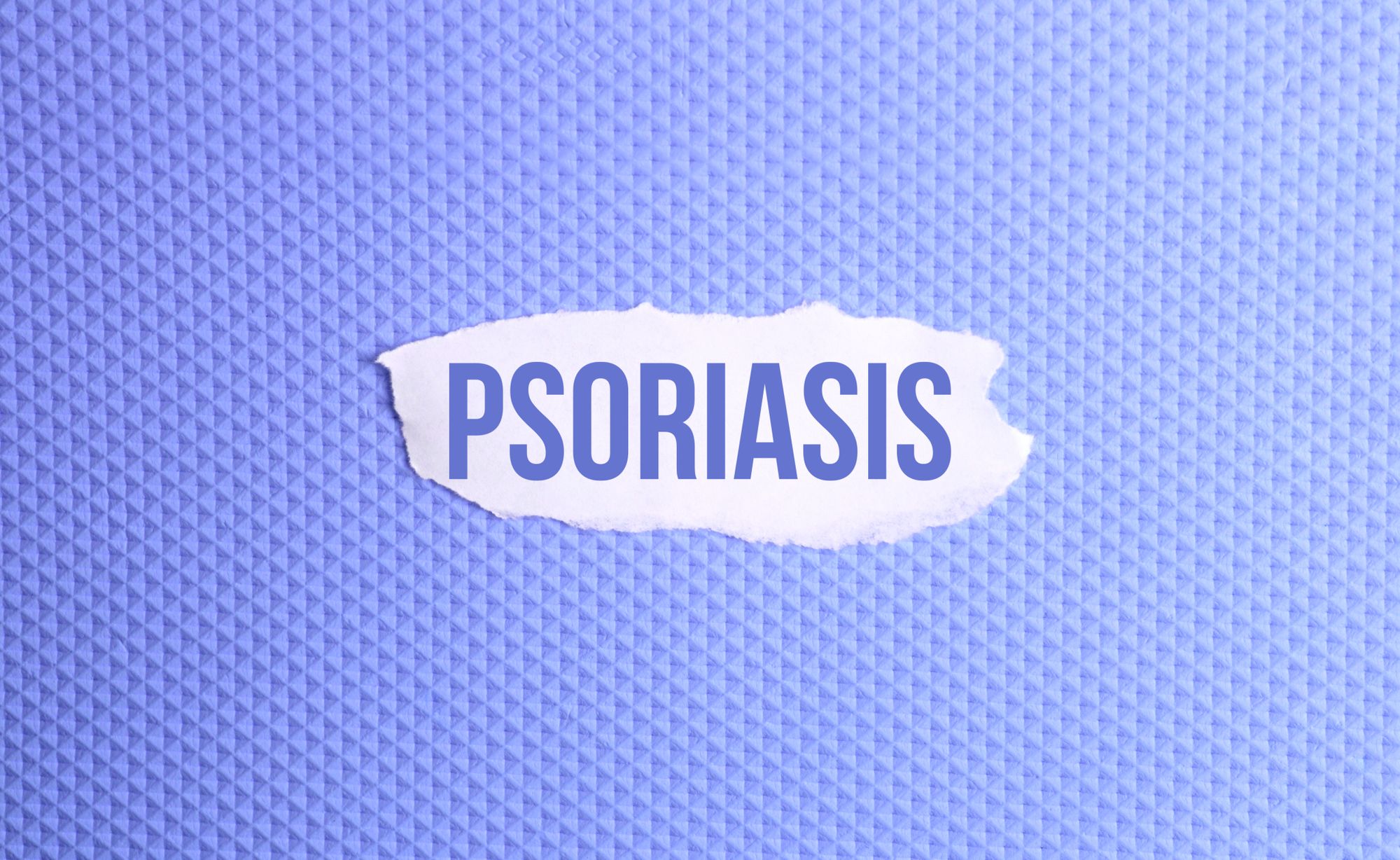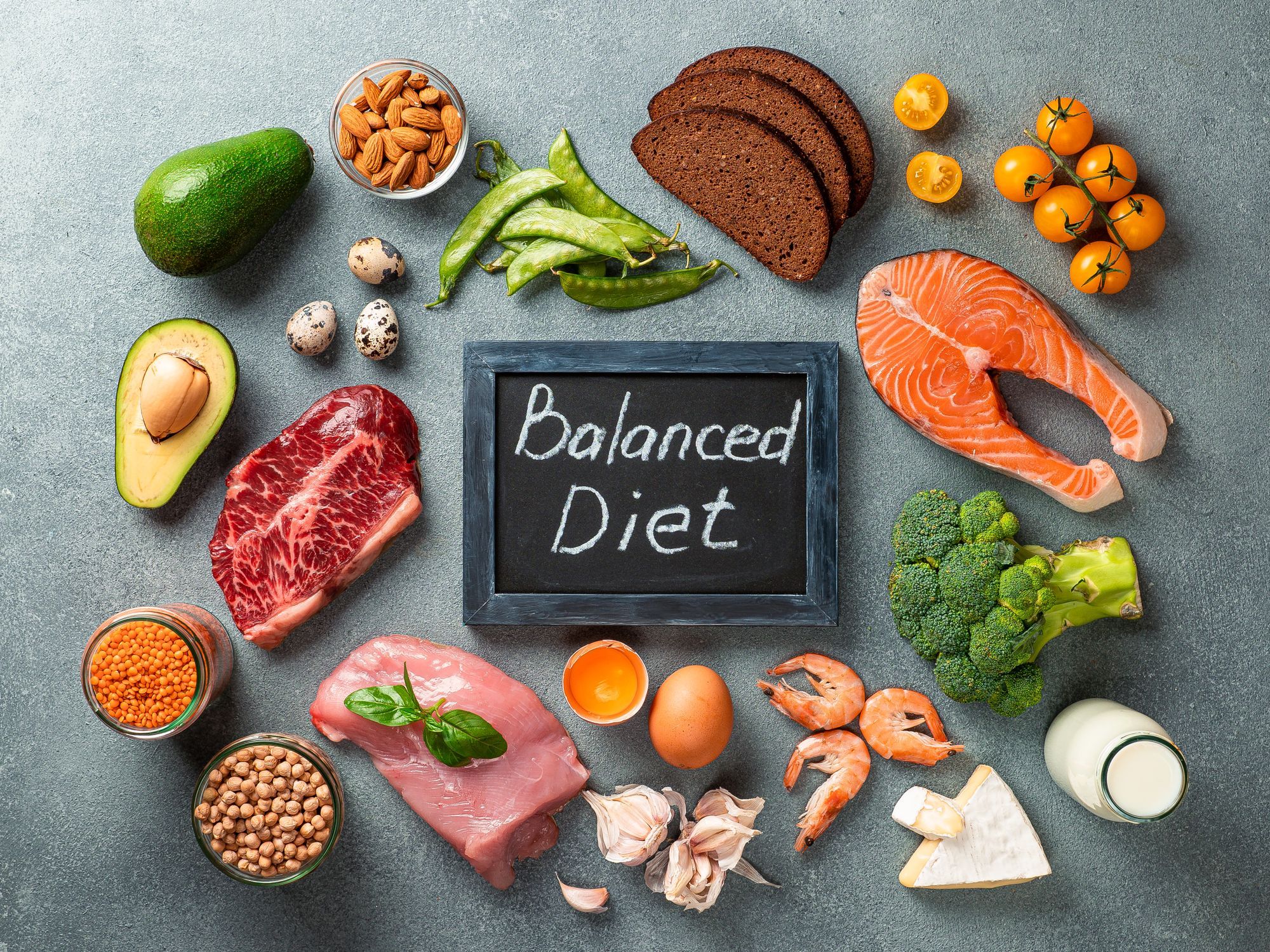Can Diet Help Treat Psoriasis?
Nearly 60 % of people with psoriasis reported their disease to be a large problem in their everyday life. Some small studies have provided clues into how food may affect the disease.

Approximately 7.5 million people in the United States have psoriasis. Psoriasis occurs in all age groups but is primarily seen in adults. According to the American Academy of Dermatology, up to 40% of people with psoriasis experience joint inflammation that produces symptoms of arthritis. This condition is psoriatic arthritis.
When you start layering all of those comorbid conditions with psoriasis, then, in people who have an early age of onset of psoriasis, the loss of longevity may be as high as 20 years. For people with psoriasis at age 25, it's about 10 years.

So How Does Psoriasis Occur?
Psoriasis occurs when the immune system mistakenly attacks normal tissues in the body. This reaction leads to swelling and a quicker turnover of skin cells. With too many cells rising to the surface of the skin, the body can’t slough them off fast enough. They pile up, forming itchy, red patches. Psoriasis can be developed at any age, but it mainly occurs within the ages 15 and 35.
So how do you know if you have psoriasis? Some symptoms of psoriasis would include
- Itchiness
- Red patches of thick skin with silvery scales
Psoriasis is typically found on the:
- Elbow
- Knees
- Scalp
- Back
- Face
- Palms
- And feet

So How Can a Healthy Diet Help Treat Psoriasis?
For a low-calorie diet: In a 2013 study published in JAMA Dermatology Trusted Source, researchers gave the people involved in the study a low-energy diet of 800 to 1,000 calories a day for 8 weeks. They then increased it to 1,200 calories a day for another 8 weeks. The study group not only lost weight but also experienced a trend in decreased severity of psoriasis.
For a gluten-free diet: A 2001 study found that people with gluten sensitivities on gluten-free diets experienced an improvement in psoriasis symptoms. When they returned to their regular diet, psoriasis worsened. Adherence to a gluten-free diet is part of a treatment plan only for patients with confirmed celiac disease.
Depending on the diet you choose for yourself, it can affect your skin change. Dermatologists have long recommended that a healthy diet is best for those with psoriasis. That means lots of fruits and vegetables, whole grains, and lean proteins.
A 2007 study found a strong connection between weight gain and psoriasis. Having a higher waist circumference, hip circumference, and waist-hip ratio were also associated with an increased risk of developing the disease.
Try to eat healthily and keep your weight within a healthy range to help reduce psoriasis flare-ups.

Living It Up Anywhere
The idea of living your best life can be done anywhere, at any time, and all it really takes is a mindset shift. Take it one core lifestyle habit at a time, whether that is eating healthy and less, daily exercise, quitting bad habits, getting a routine checkup, or being positive. Take a chance today to Live It Up!

